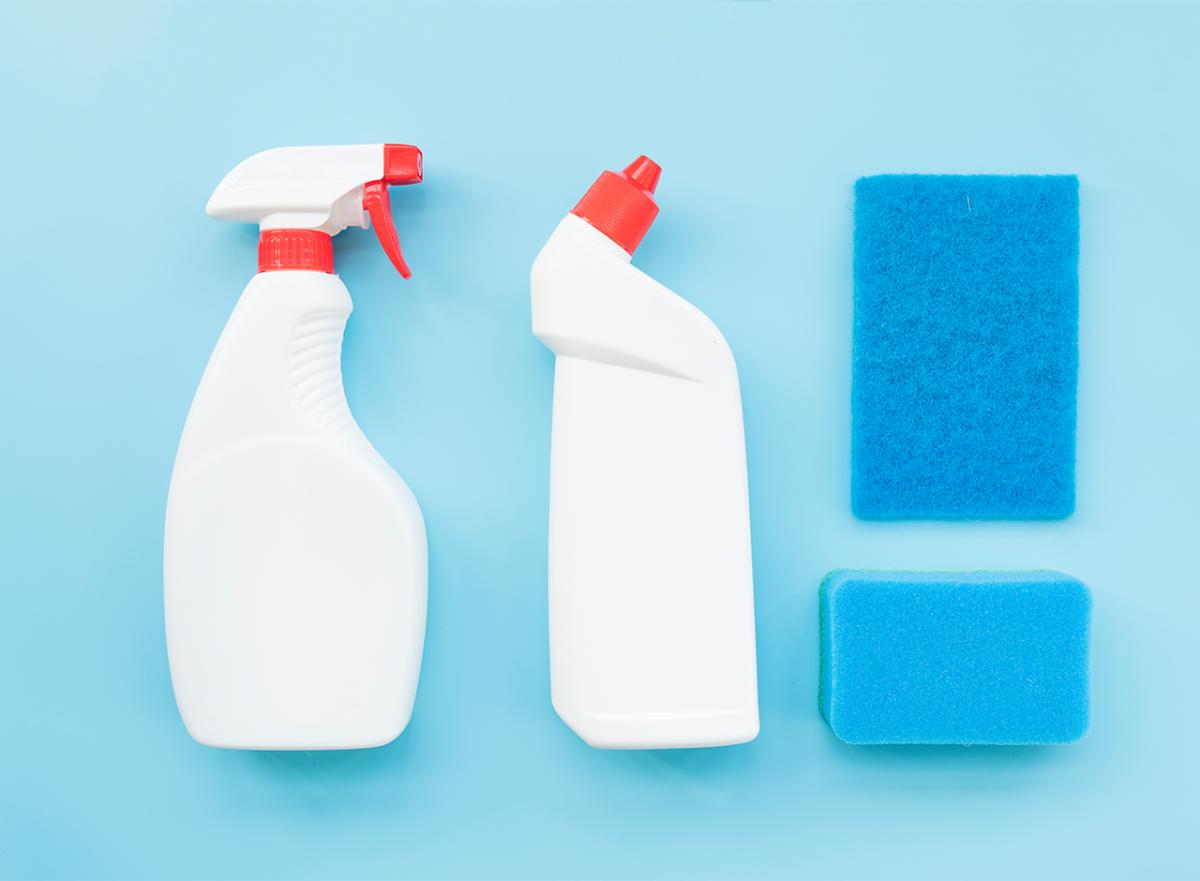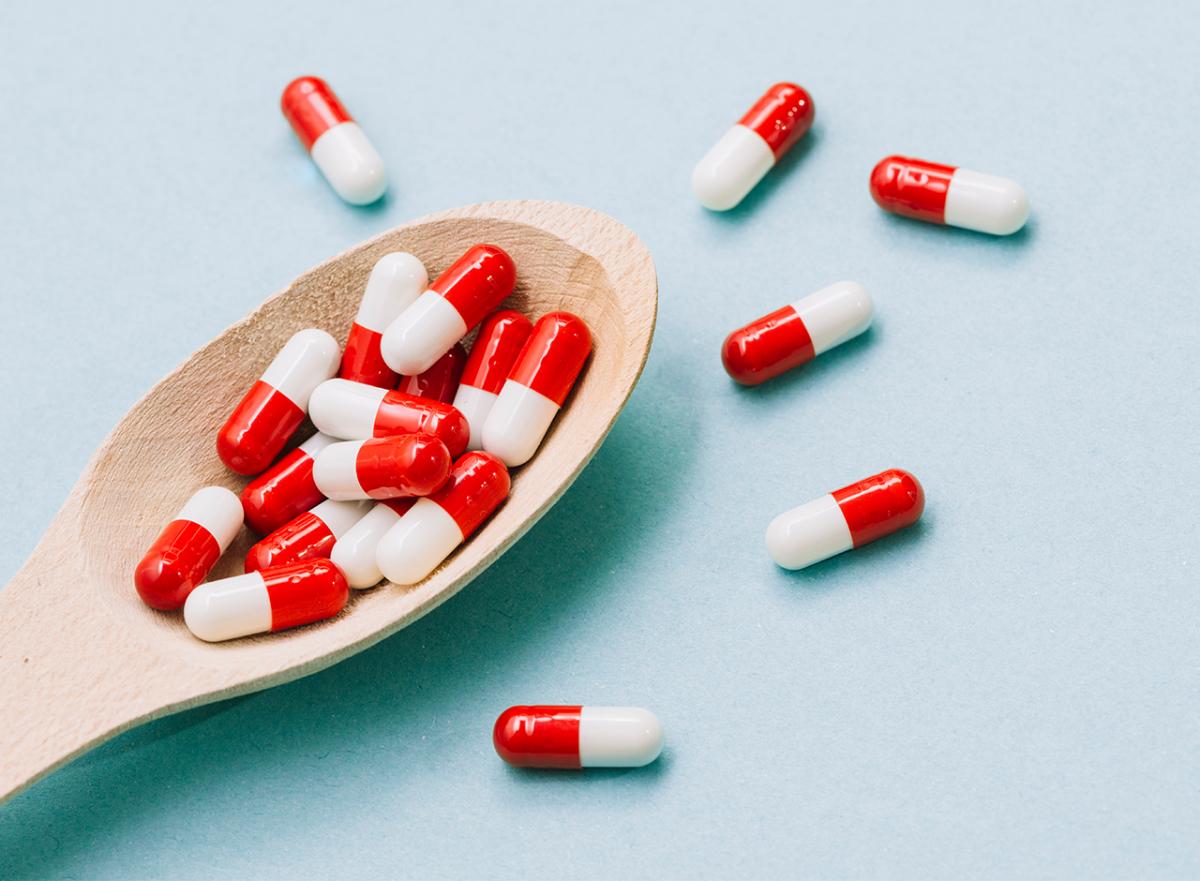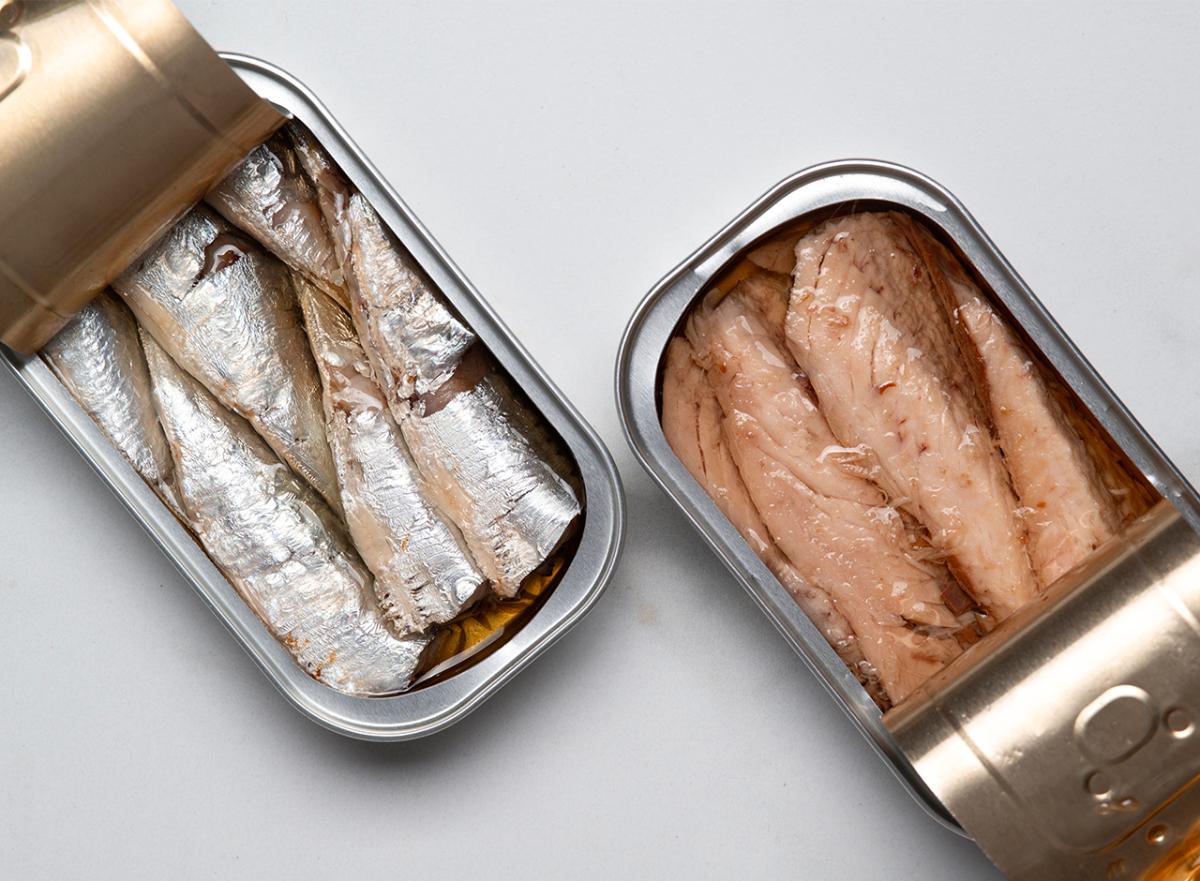5 Hidden Toxins in Everyday Products That Can Harm Your Kidneys

Your kidneys are amazing organs that work hard every day to filter waste and toxins from your body, keeping everything running smoothly. But did you know that some everyday products you use could be putting extra strain on your kidneys? While we often think about kidney health in relation to things like hydration or blood pressure, many hidden toxins in our daily lives can quietly contribute to kidney damage over time.
In this article, we’ll uncover five common sources of hidden toxins and give you some practical tips on how to protect your kidneys from these sneaky substances.
1. Household Cleaners
We all love a clean home, but many household cleaners contain chemicals that your kidneys don’t love so much. Products with ammonia, bleach, and other harsh chemicals can be absorbed through your skin or inhaled, making their way into your bloodstream. From there, your kidneys have to work overtime to filter them out, which can take a toll over time.
Tips:
- Switch to natural cleaning products made with plant-based ingredients. These are much gentler on your body and just as effective.
- For a DIY approach, vinegar, baking soda, and essential oils make great non-toxic cleaners that are safe for both you and your kidneys.
2. Personal Care Products

From shampoos to lotions, many personal care products contain chemicals like parabens, phthalates, and sulfates. These are often added to extend shelf life or enhance the product’s texture and scent, but they can disrupt your hormones and potentially harm your kidneys. These chemicals are absorbed through your skin and eventually make their way to your kidneys for filtering.
Tips:
- Look for personal care products labeled "paraben-free," "phthalate-free," or "sulfate-free." Natural and organic products are usually safer options.
- Simplify your routine by using fewer products or opting for more natural alternatives with minimal ingredients.
3. Over-the-Counter Pain Medications

Pain relievers like ibuprofen and aspirin, known as NSAIDs (non-steroidal anti-inflammatory drugs), are go-tos for headaches, muscle pain, and more. But did you know that using these drugs frequently can strain your kidneys? NSAIDs reduce blood flow to the kidneys, which can impair their ability to filter waste. Over time, this can lead to kidney damage or even kidney failure if taken excessively.
Tips:
- Limit your use of NSAIDs and explore alternative pain relief options, like heat therapy, stretching, or natural supplements like turmeric.
- If you need to take pain meds, use the lowest effective dose for the shortest time, and consult your doctor about kidney-friendly options.
4. Processed Foods
 Who doesn’t love the convenience of processed foods? Unfortunately, these foods are often loaded with sodium, preservatives, and artificial additives, which can be tough on your kidneys. Too much sodium can lead to high blood pressure, a major risk factor for kidney disease. Plus, your kidneys have to work extra hard to filter out all those preservatives and additives.
Who doesn’t love the convenience of processed foods? Unfortunately, these foods are often loaded with sodium, preservatives, and artificial additives, which can be tough on your kidneys. Too much sodium can lead to high blood pressure, a major risk factor for kidney disease. Plus, your kidneys have to work extra hard to filter out all those preservatives and additives.
Tips:
- Try swapping out processed foods for fresh, whole foods. Cooking at home with fresh ingredients is a great way to control what goes into your body.
- When you do buy packaged foods, check the labels and choose options that are low in sodium and free from artificial additives.
5. Artificial Sweeteners

Artificial sweeteners like aspartame and saccharin might seem like better alternatives to sugar, but they can pose risks to your kidneys as well. Studies have shown that long-term consumption of artificial sweeteners can reduce kidney function, especially in people who already have kidney issues.
Tips:
- Cut back on artificially sweetened foods and drinks. Instead, try natural sweeteners like honey, maple syrup, or stevia.
- Stay hydrated with water, herbal teas, or naturally flavoured water instead of reaching for diet sodas or sugar-free snacks.
Your kidneys work hard to keep your body functioning properly, and it’s important to protect them from the hidden toxins lurking in everyday products. By being mindful of the cleaners, personal care items, processed foods, and medications you use, you can reduce your exposure to harmful chemicals and support your kidney health.
But reducing toxin exposure is just one piece of the puzzle. To truly take care of your kidneys, it’s essential to maintain a kidney-friendly lifestyle. This includes eating a balanced diet, staying active, managing your blood pressure and blood sugar, avoiding smoking, and staying properly hydrated. These healthy habits provide your kidneys with the care they need to function at their best.
To take your kidney care even further, consider incorporating natural supplements like DTS. By adding an extra layer of protection, DTS can help support long-term kidney function. Your kidneys work tirelessly to keep you healthy—so why not return the favour and start taking better care of them today?
- * All research and clinical data should be used as reference purposes only, results may vary.




